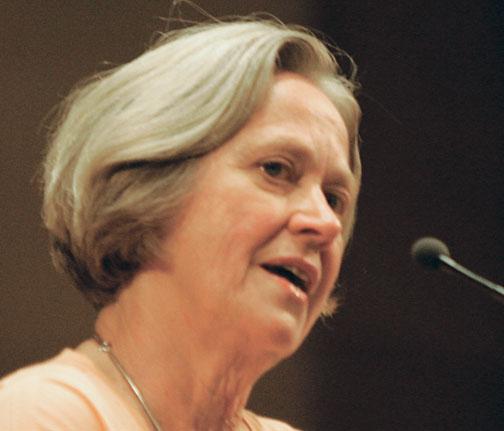At her annual Reunions conversation with alumni in Richardson Auditorium, President Tilghman expressed thanks for support of the Aspire fundraising campaign, which exceeded its goal. “The most exciting thing has been the number of Princetonians who have participated,” Tilghman said. “One of our successes of the campaign is that we have enlarged the tent.”
Between socializing, dancing, and eating their way through Reunions, thousands of alumni sought food for thought at panel discussions. Here’s a smattering of what they found.
“The numbers and the inevitability of the problems coming before us are going to force us to come together.” — Bruce Reed ’82, chief of staff to the vice president, on bipartisanship
“I don’t see how Greece can remain in the eurozone. The key thing is to make this departure from the fold friendly and orderly, rather than volatile, nasty, and messy.” — Princeton economics professor Alan Blinder ’67, on the world economy
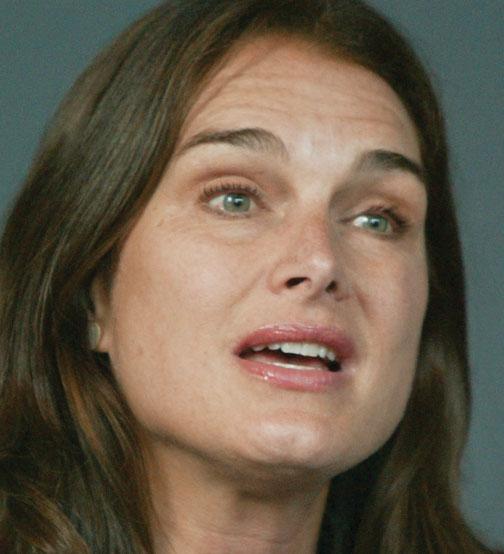
“I thought that I would graduate and I would go back into my industry, and then they would open their arms and welcome me back – because not only was I an actress, but now I was an educated actress. Well, in Hollywood that’s not how it works. The arms were not open.” — actress Brooke Shields ’87, in a panel on Princeton and the arts
“We have about 10 people writing for us, and if you sat us down around a table, I think you’d have 10 different definitions of what feminism is.” — Chloe S. Angyal ’09, editor of the feminist website Feministing.com
“The American public and Congress are less engaged with foreign policy than in the past. ... It’s amazing how people think we’re representing ‘these foreigners’ out there, and not you, the American people.” — Thomas B. Robertson ’72, former dean at the State Department’s Foreign Service Institute and former U.S. ambassador to Slovenia
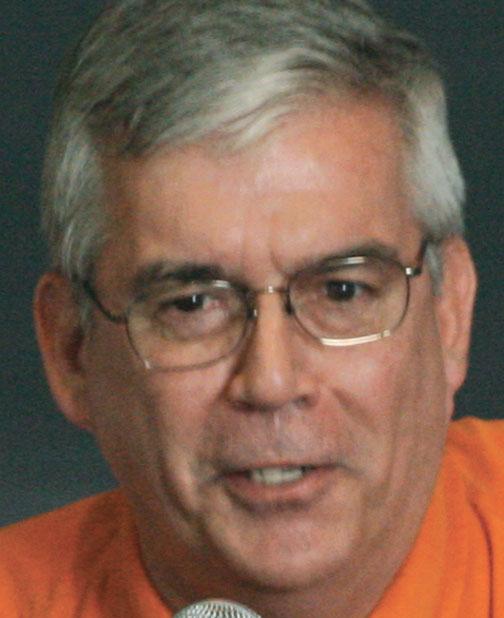
“Unless you saw China at the end of the Cultural Revolution, I don’t think you can understand how far they’ve come.” — human-rights advocate John Kamm ’72, who went on to note that China still executes more people than any other nation
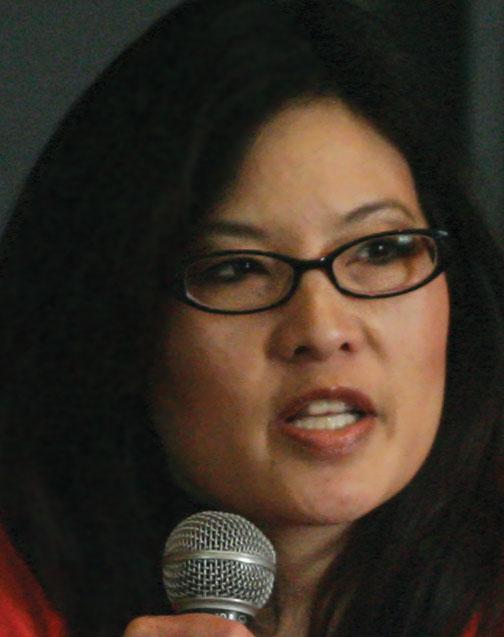
“There is one area in which China is way ahead, and that is in cyberpower. We usually don’t think of cyberpower in terms of military might, but if you think about the future, it’s tremendously important.” — Pulitzer Prize winner Sheryl WuDunn *88, on China as a world leader
“It’s our experience – that’s grown over time – that most people could give more than they do, especially people who are more affluent. Substantially more, without hardly even noticing — even in times like these, even in recessions.” — Christopher Ellinger ’78, co-founder of Bolder Giving, on philanthropy
“LGBT inequality is now written into our law federally and in most states.” — Hayley Gorenberg ’87, deputy legal director of Lambda Legal
“I don’t think that God wants people to lie about who they are.” — the Rev. Amy Ebeling McCreath ’87, an Episcopal priest in Massachusetts, on LGBT equality
“This amazing public uprising in Tahrir Square that captured the imagination of so much of the world has up to now led to very little systemic change [in Egypt]. The military is more powerful than ever before.” — Athanasios Cambanis *00, columnist for The Boston Globe
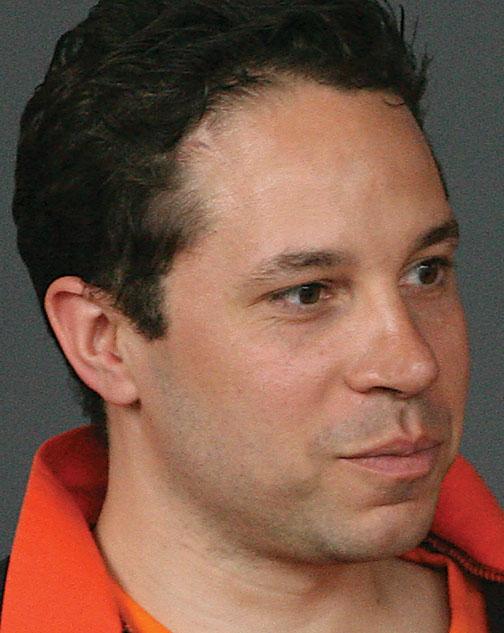
“It’s important to think about media as a form of reward, just like food or money or anything that’s going to cause what we think of as dopamine release and what most people think of as pleasure. ... You can go and find an exact outlet that agrees with you — it really allows people to use the media they consume as a form of pleasure more than ever before. They can just keep hitting refresh in their Twitter feed or their favorite blog to see something that’s going to get them happy.” — neuroscientist and Fox News analyst David Tukey ’02, on a “fair and balanced” news media
“I don’t think the print book is going to die. I think the reports of its demise are greatly exaggerated.” — best-selling novelist Jodi Picoult ’87, on the future of the printed page
“One thing I like about reading a book is that it doesn’t beep at me. ... It doesn’t tell me to go to work.” — Washington Post writer Joel Achenbach ’82, on old versus new technology
Journalists at PAW’s Reunions panel disagreed on most issues, except for these: The election is likely to be close, and decisive factors will be the state of the economy and the Supreme Court’s much-anticipated ruling on the Affordable Care Act.
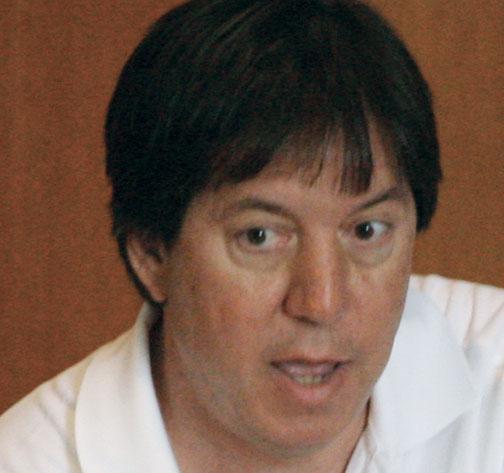
Moderator JOEL ACHENBACH ’82 of The Washington Post, asked about the electoral horse race, the impact of the media, and the degree of congressional dysfunction, among many other topics.
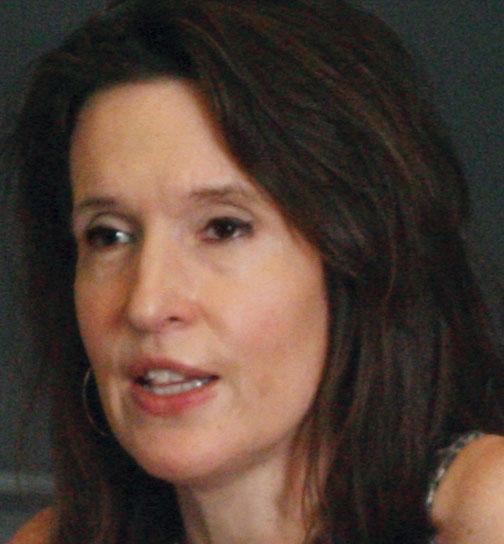
Katrina vanden Heuvel ’81
Editor and publisher The Nation
On the GOP:
“The Republicans have been captured, let’s be honest, by the right wing — the extreme right wing. George Romney would not recognize this Republican Party, nor would Mitt Romney’s mother, who ran on a reproductive-rights platform in Michigan.”
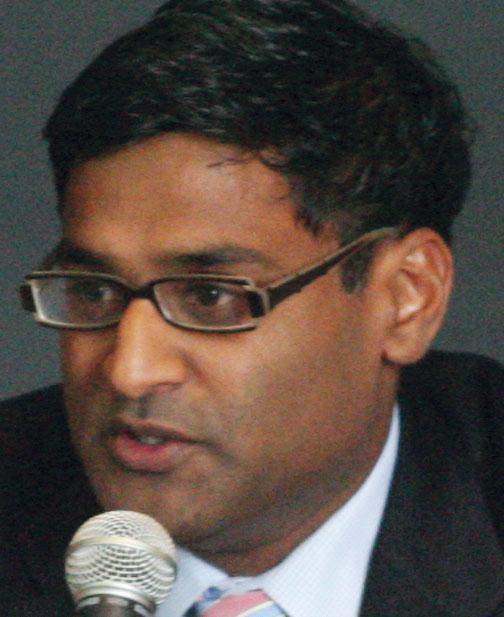
Ramesh Ponnuru ’95
Senior editor
National Review
On the outlook for President Obama:
“I think the president’s options have narrowed. ... He can’t run a ‘Morning in America’ campaign. ... He can’t run on his legislative accomplishments.”
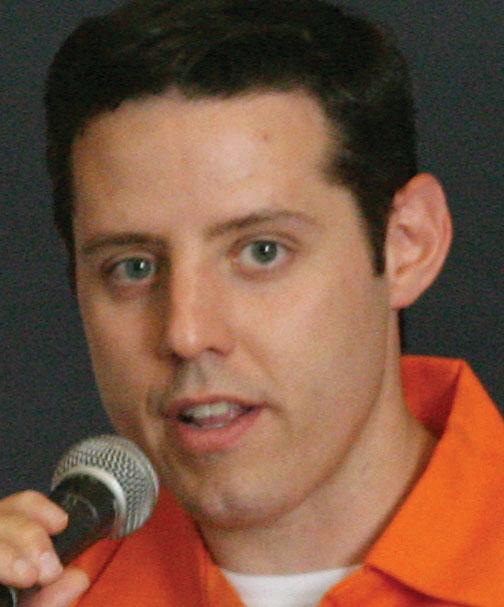
Rick Klein ’98
Senior Washington editor, ABC News
On the level of political discourse and the impact of round-the-clock political commentary:
“We are conducting politics faster than the speed of thought.”
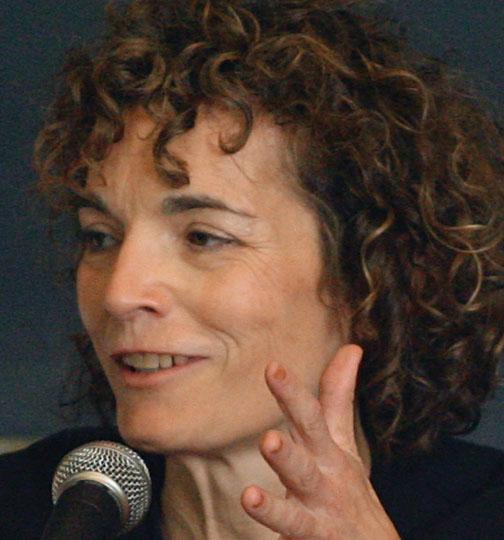
Kathy Kiely ’77
Managing editor Sunlight Foundation
On voter apathy:
“Two years [after the 2008 election] I’m in a classroom teaching some college students, and I said, ‘How many of you voted in the last election?’ It was great — they all put their hands up. ... I said, ‘How many of you are voting in the election next month, for Congress?’ Zippo. That’s one of the reasons we have a president who wants to go one way and a Congress that wants to go another way.”
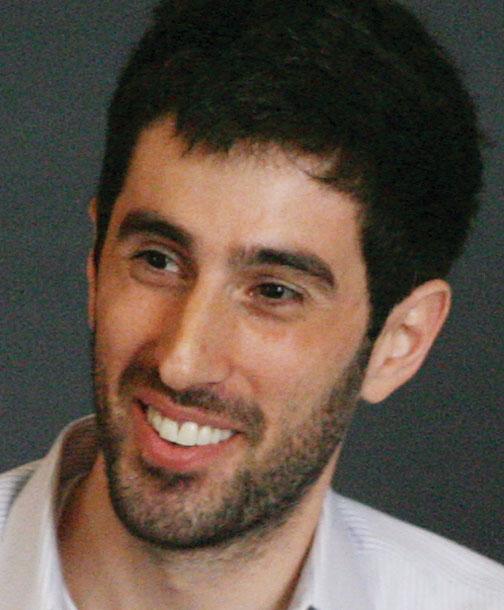
Richard Just ’01
Former editor
The New Republic
On the role of deficits in the campaign:
“I know very few people on the left who think that deficits are not a long-term problem. I think the argument is that this is not the moment to deal with them — and by the way, that didn’t used to be a controversial position. It still isn’t, among economists.”
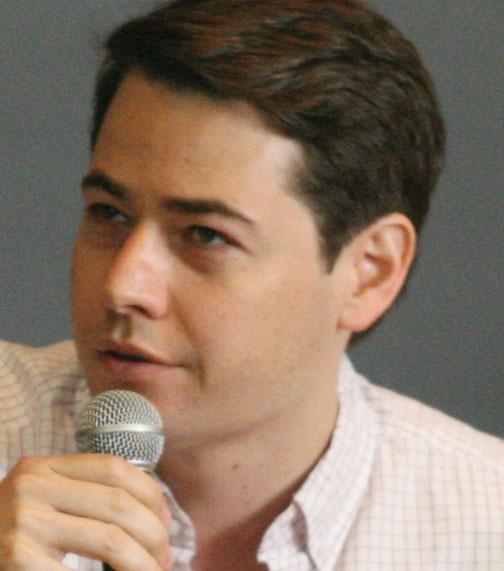
Nicholas Confessore ’98
Reporter
The New York Times
On why President Obama might not be hurt as much as expected by worsening national economic indicators:
“The economy in the states where this election will be won or lost is not as bad as the economy nationally.”
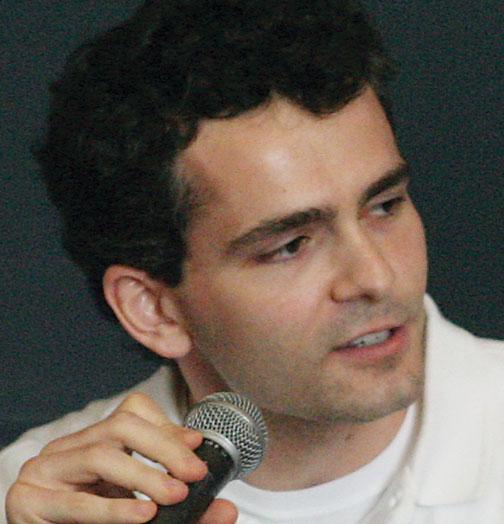
Ryan Anderson ’04
Editor
Public Discourse
On the reading habits and career goals of his peers:
“People my age, they don’t want to be reporters, they want to be opinionators. ... People don’t have time to sit down and read a 5,000- or 10,000-word article.”
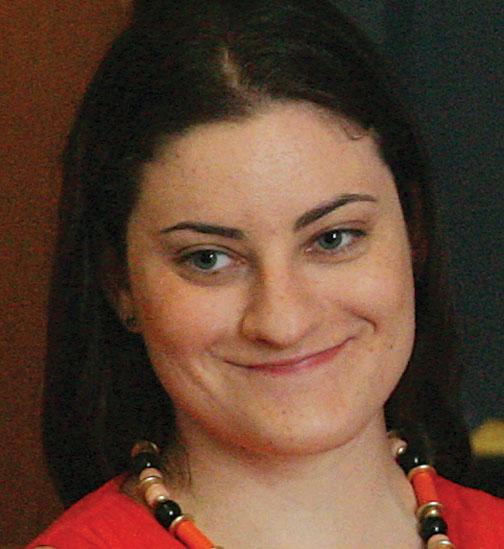
Jennifer Epstein ’08
Reporter
Politico
On the Obama campaign:
“He has been running against Congress for almost a year now. If they [the Supreme Court] strike down Obamacare, he’s going to have another branch of government to run against.”
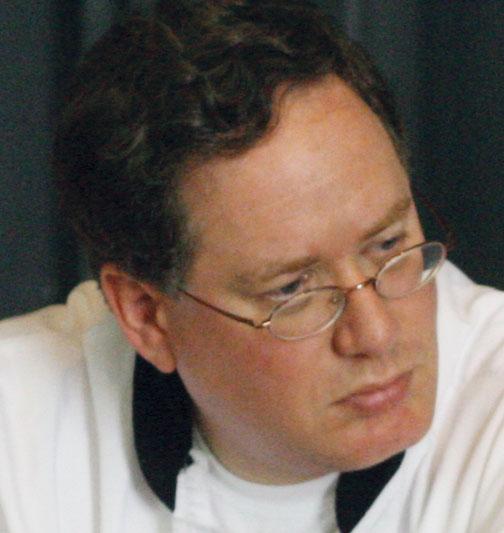
Louis Jacobson ’92
Senior writer PolitiFact
On Romney campaigning on his record:
“[One thing Romney] certainly is not talking about too much is his term as governor, when, at least for the first two years of his term, he was a lot further to the left than the GOP is certainly today.”

